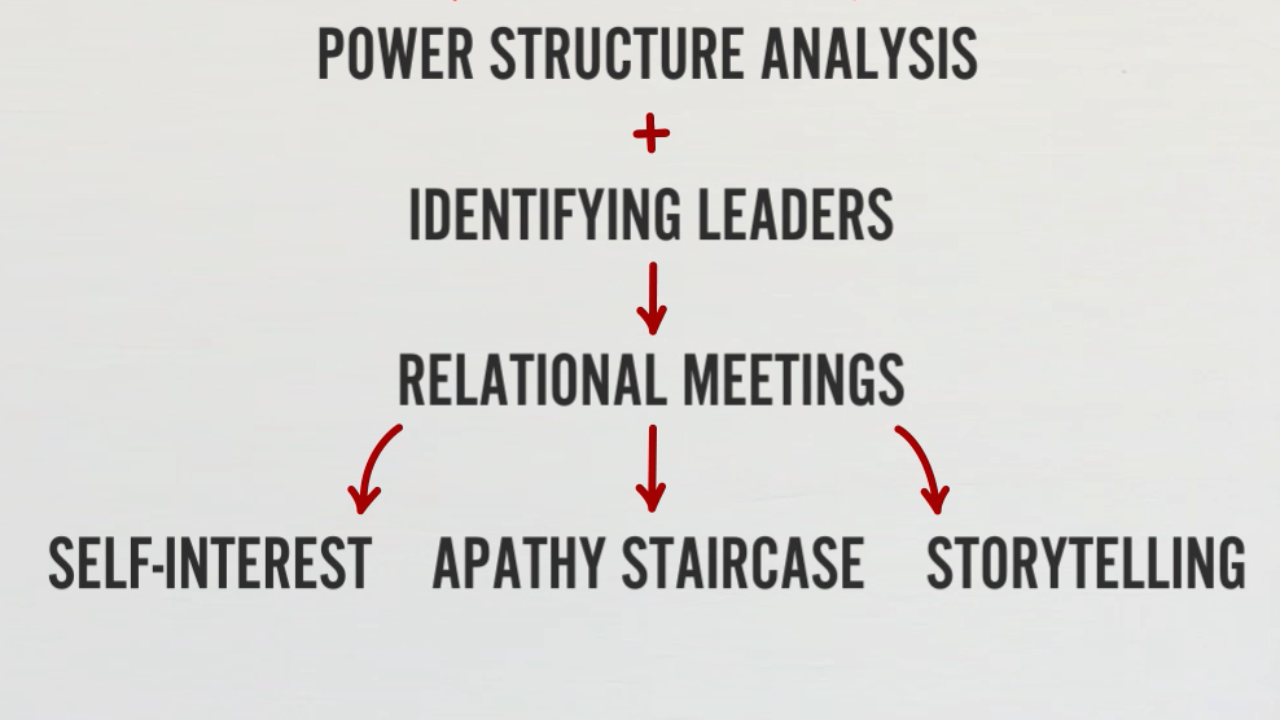How to start a campaign

by Amanda Walters - Director at the Centre for Progressive Change
Initiating a campaign can feel like a daunting task! It can be hard to know where to start, and it can feel like there is a lot to do.
However, through my own Organising, and researching organisations that win campaigns, I have seen that there is a tried and tested formula for starting an effective campaign. Below you can see the steps that the best Organisers out there follow and a brief breakdown of each step.
Power Structure Analysis
A Power Structure Analysis is a tool that allows you to see how much power those that have a stake in the fight have. It is key in order to design an effective strategy so that you can build your power and influence those that will be making the decision on your issue.
Identifying Leaders
In order to win a campaign you need to have a mass of people in your community or workplace with you. Otherwise decision makers, such as politicians, can decide to ignore you. To have a mass of people behind you, you first need to use techniques to identify who the organic leaders are in the place you are operating in. In other words, who are the people that others look to when making a decision.
Relational Meetings
Once you've done your research, the single most important thing that anyone Organising needs to do is LOTS of relational meetings. Relational meetings are one-to-one meetings that allow us to build a connection with someone and move them into action. Relational Meetings allow us to:
1. Understand the other person's self-interest
If we want to bring someone into the fight then we need to understand what it is important to that person. What is their stake in this fight? Why would they want to get involved? Otherwise we are asking people to get involved with our agenda, rather than working together on something that is in both of our interests.
2. Bring people out of apathy
Apathy is an incredibly prevalent and harmful force. Relational meetings allow us an opportunity to tackle apathy head on, with the use of a tool we call the Apathy Staircase.
3. Motivate people through stories
Storytelling is a very powerful tool we use in Organising. Through stories we help people to connect to us and our story, connect to people's sense of injustice, give people a hope, and show them a roadmap to winning a campaign. They also help us create the narrative for the campaign.
By following these steps, your campaign will have a clear strategy, the right people leading the campaign, and enough people behind it to ensure that when you move into action you should be successful.
To delve deeper into each of these areas please join our Organising Foundation Course where we give detailed practical support to putting each of these stages into practice.